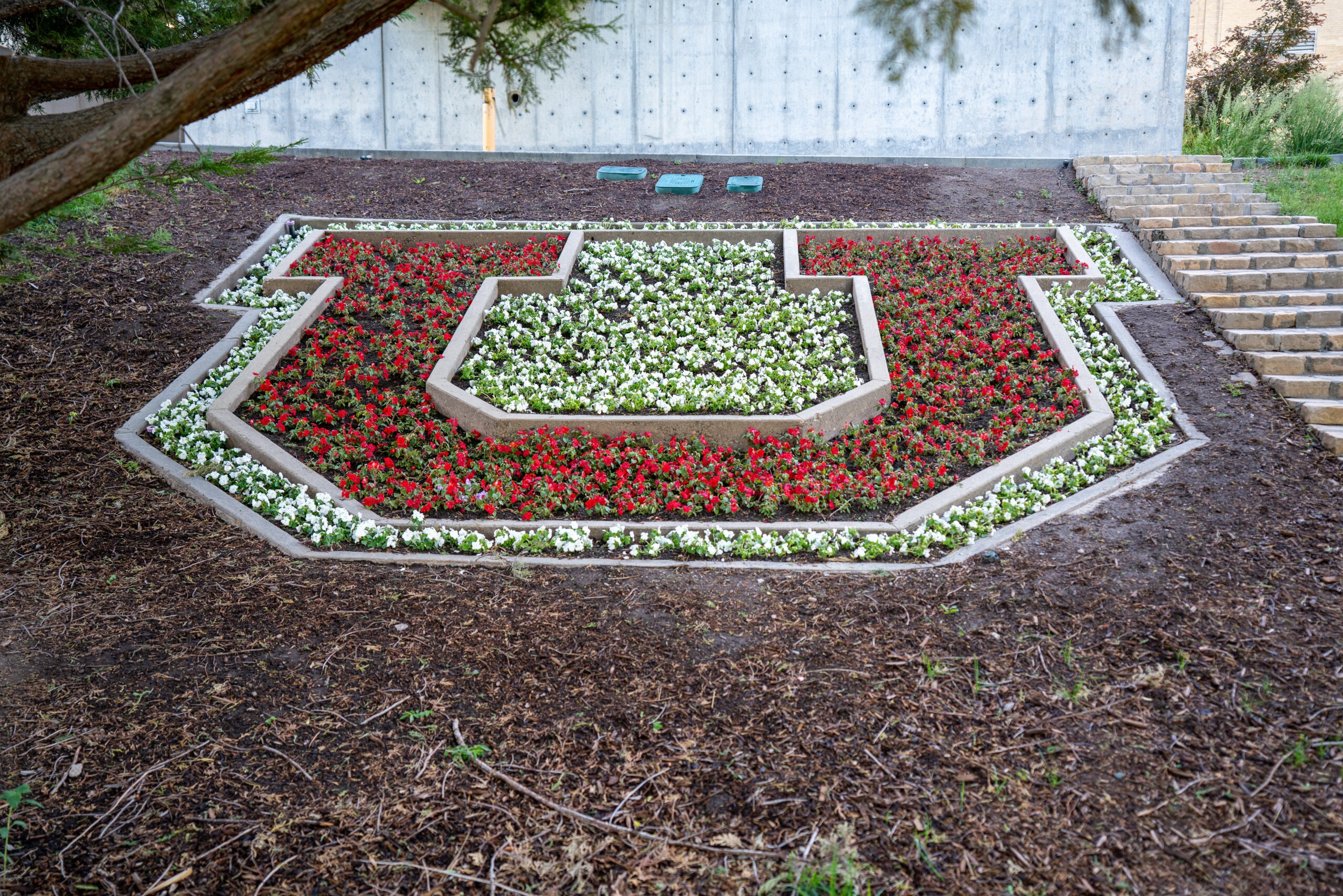
The second of four community listening sessions took place on May 30, 2024 with representatives from various groups and stakeholders from along the Wasatch Front including from the Hispanic Chamber of Commerce, Filipino American Chamber of Commerce, Utah Pacific Islander Chamber of Commerce, and Black Chamber of Commerce. The session was rich with insights, concerns, and aspirations from the participants, reflecting a shared commitment to shaping a more welcoming, effective, and forward-thinking university. The session was moderated by Maria Garcia, CEO of Neighbor Works Salt Lake City and member of U Board of Trustees, and Emma Houston, assistant vice president at the U. Below are the key themes and issues that emerged from the discussion.
Strengthening Community Engagement and Representation: Participants praised current efforts to engage with local communities, such as job fairs and partnerships. However, there was a call for more consistent and effective communication about these resources, especially to counteract misinformation about the existence of cultural centers on campus.
Bridging the Gap Between Education and Industry: There is a growing concern that higher education is lagging behind industry in terms of anticipating future needs. While industries project 25 years ahead, higher education often only advances in areas with significant research funding. Participants called for more proactive planning and alignment with industry trends to ensure that graduates remain competitive in the job market. This includes intentional efforts to forecast future educational demands and to adapt curricula accordingly.
Overcoming Internal Barriers and Bureacracy: Internal disconnects and bureaucratic hurdles were highlighted as major impediments. Stories of ineffective communication between administrators and the negative impact of silos on marginalized students were common. There is a need for improved coordination and a more responsive administration to support students and faculty effectively.
Enhancing a Sense of Belonging and Security: Participants urged the university to sustain and enhance efforts to create safe and supportive environments for all students. Intentionality in actions and presence, such as having representatives of the president at community events, was emphasized as a critical factor in building trust and demonstrating commitment.
Addressing Perceptions and Reputation: While the university has a strong reputation in the medical field, there are significant concerns about perceptions among minority communities. Participants stressed the need for the university to better communicate the availability of resources for underserved communities and to involve those who benefit from these programs in outreach efforts, similar to the St. Jude’s model.
Importance of Follow-Up and Continuous Engagement: Participants expressed frustration with perceived performative actions and stressed that genuine, ongoing dialogue and check-ins are essential for meaningful strategic planning. The university must commit to following through on initiatives and maintaining open channels of communication with all stakeholders.
